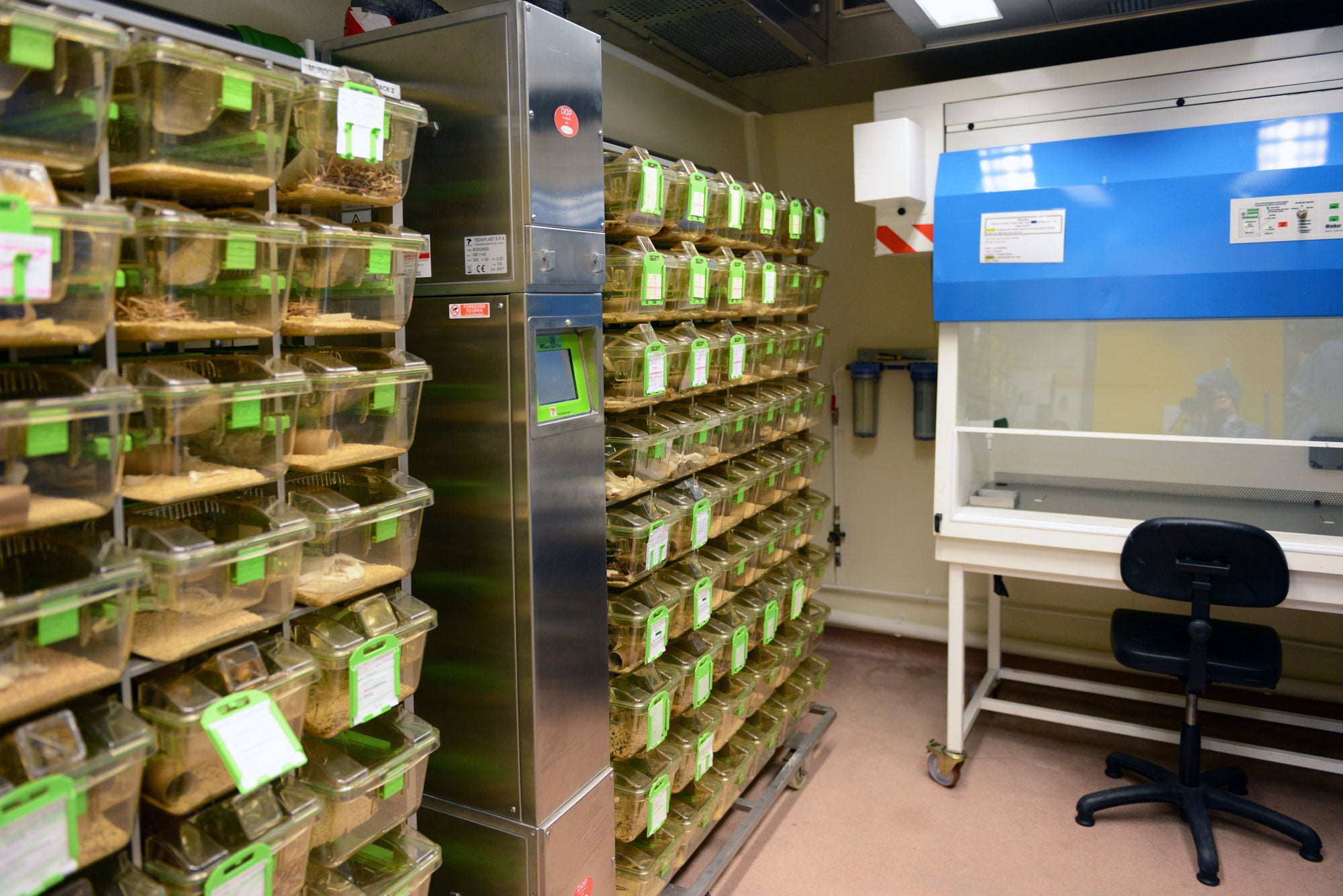Navigating Veterinary Laboratories for Veterinary Professionals with Expert Insights
Navigating Veterinary Laboratories for Veterinary Professionals with Expert Insights
Blog Article
Many pet owners aren’t aware of how essential veterinary labs are to their animal’s health journey.
In this article, we’ll explore what veterinary labs do, what services they offer, how to find one near you, and why choosing the right lab matters.
Let’s start by understanding exactly what a veterinary laboratory is and why it’s essential in modern animal healthcare.
What Is a Veterinary Laboratory?
Just like human medical labs, veterinary labs follow strict protocols to ensure accuracy and reliability.
Larger labs may also offer molecular diagnostics, genetic screening, and advanced pathology services.
Regardless of size or setup, these labs play an essential role in helping veterinarians diagnose conditions early, tailor treatments, and monitor recovery effectively.

What Tests Do Veterinary Labs Offer?
Urinalysis and fecal exams help detect infections, parasites, or metabolic issues.
Advanced labs may also provide molecular diagnostics, including PCR testing for specific pathogens or genetic screenings for hereditary conditions.
Whether a veterinarian is confirming diabetes, diagnosing cancer, or screening for zoonotic diseases, a reliable veterinary lab ensures the right data is available for informed decisions.
How to Find a Veterinary Lab Near You
Searching laboratorios veterinários for a “veterinary lab near me” can feel overwhelming, but a few strategies can simplify the process.
Online directories and veterinary associations can help locate accredited labs in your area.
If you’re a pet owner seeking direct access to a lab for second opinions or advanced testing, contact the lab to understand their intake process—some require referrals, while others accept samples directly.

Choosing Between Standard and 24-Hour Veterinary Labs
Standard labs typically process routine tests during business hours, while 24-hour veterinary labs offer emergency diagnostic services around the clock.
They maintain specialized staff and equipment ready for fast turnaround on urgent tests.
Balancing speed, cost, and specialization ensures your pet gets the right level of diagnostic support when it matters most.
The Importance of Veterinary Lab Testing
Without accurate diagnostics, treatment plans may miss the mark, potentially delaying recovery or worsening outcomes.
For preventive care, routine lab work helps catch issues before symptoms appear.
Ultimately, investing in proper veterinary diagnostics is an investment in your pet’s well-being.
Final Thoughts on Veterinary Diagnostics
In today’s world, ensuring your pet receives top-quality care means partnering with the right veterinary laboratory.
By understanding the range of services veterinary labs offer, knowing when to seek 24-hour support, and learning how to find reputable labs near you, you empower yourself to make the best choices for your animal companion.
Stay informed, stay proactive, and don’t hesitate to ask your veterinarian how lab testing can enhance your pet’s care plan.
FAQ About Veterinary Laboratories
What is a veterinary diagnostic lab?
A veterinary diagnostic lab analyzes samples from animals (like blood, urine, or tissue) to detect diseases, monitor health, and guide treatment plans.
Where can I get my pet tested locally?
Ask your veterinarian for recommendations—they often work with trusted local labs or national diagnostic networks.
What emergencies require urgent lab testing?
Always consult your emergency vet to determine the best course of action.
What types of tests are done in veterinary labs?
Common tests include blood counts, chemistry panels, hormone levels, infectious disease screening, urinalysis, fecal exams, cytology, biopsies, and genetic testing.
Are veterinary diagnostics expensive?
Costs vary based on the type of test, species, and urgency.
Report this page